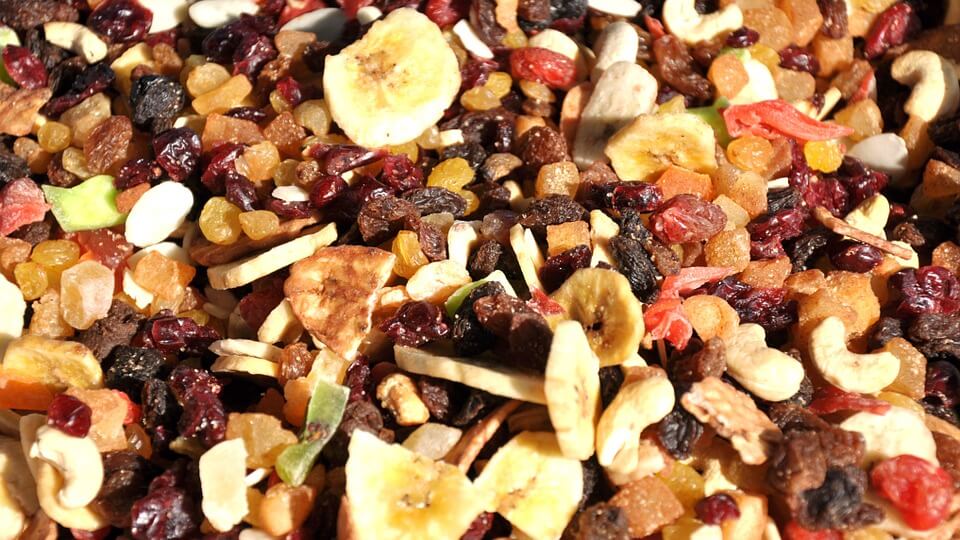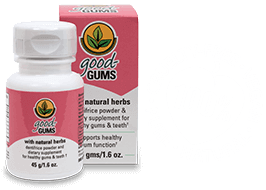3 Dangers of Eating Dried Fruit This Thanksgiving

The dangers of eating dried fruit
With Thanksgiving around the corner, grocery store shelves are filling up fast with the likes of dried figs, cherries, dates, prunes, apricots, raisins, and, of course, the thanksgiving wonder fruit – cranberries! Dried fruits are top on the list of Thanksgiving essentials and are thrown into sauces, cakes, rice dishes, stuffing, you name it. They add substance, sweetness, flavor and a splash of festive color to your table spread. But, is eating that chewy, gooey dried fruit actually good for us? There are, in fact, some dangers to eating dried fruit we need to be aware of.
While some say dried fruit can be a healthy and nutritious snack, others claim that it is no better than candy!
Wellness expert and nutritionist Ariane Hundt says that dried fruit contains double, sometimes triple the amount of sugar content than fresh fruits:
“We’re talking 70 grams of sugar per serving!”
And sugar, in case you didn’t know already, is extremely detrimental to your health. And it’s hidden in a lot of foods that we assume are good for us. Check out our article, ‘6 Surprisingly Sugary Foods‘ which tells you what hidden sugary foods to look out for. Another one of our articles, ‘5 Easy Ways to Cut Down on Sugar’ also offers some suggestions for healthy sugar swaps.
So, back to dried fruit. Let’s take a look at the 3 dangers of eating dried fruit.

Ridiculously high in sugar
Hundt points out that “most people should limit their daily fruit intake to 30 grams of carbs [of sugar] per day, which is about one banana, one apple, or two cups of berries.” This is a lot less than a typical serving of dried fruit! While one cup of fresh cranberries contains only 4 grams of sugar, one cup of dried cranberries contains a whopping 70 grams!
Dried fruit is high in a sugar called fructose, which, although considered ‘natural’ is associated with all kinds of health problems, such as obesity, type II diabetes, heart disease, and even cancer.
While every part of your body can easily metabolize the simple sugar glucose, the liver is the only organ that can metabolize fructose in significant amounts. So when our diet is high in fructose, the liver becomes overwhelmed and starts converting fructose into VLDL, a form of cholesterol, which leads to fat accumulation around the organs and potentially heart disease.

Your brain doesn’t know when to stop
Have you ever wondered why you can’t stop picking at the dried fruit bowl? Unlike glucose, fructose doesn’t signal to your brain when you’re full so it’s easy to eat way too much dried fruit in one sitting.
New research has found that fruit sugars can mess with your brain and your appetite. The reason for this is that fructose doesn’t suppress a hunger hormone called ghrelin, which tells you when to stop eating. This means you end up consuming a lot more calories than your body needs, which can end up in weight gain and a whole host of other health issues.
So now you might understand why you still can’t seem to fill that hunger hole after polishing off a huge bag of trail mix!
Damaging to your teeth and gums
When fruit is dried it loses its water so you are left with concentrated juice, which is essentially pure sugar. And we all know what sugar does to our teeth, don’t we!? Tooth decay is, as we know, caused by bacteria in the mouth using sugar from foods and drinks to produce acids that are very damaging to teeth and gums. The sugar in dried fruit is, in fact, just as damaging to our teeth as candy.
And what’s worse, dried fruits are sticky! They get stuck in the crevices of your teeth and gum line. This constant exposure to sugar, therefore, makes your teeth a lot more prone to decay.
The takeaway.
Of course, we are in no way suggesting that you give up your beloved cranberry sauce this Thanksgiving, or miss out on picking at a delicious bowl of trail mix while you’re waiting for dinner to be served. We are just hoping to bring you a little bit more understanding of what happens to our brain and body when we consume these high fructose foods. It is more accurate to describe them as a sweet treat rather than a healthy snack, so moderation (like everything) is key!
But when you do find yourself enjoying a bag of your favorite dried fruit mix, remember to rinse your mouth out afterward and to brush and floss your teeth about 30 minutes later.
We recommend brushing your teeth with our 100% natural tooth and gum powder, which puts all the essential nutrients back into your gums and helps to remineralize tooth enamel.
Remember, what’s good for your mouth is good for you!

Subscribe To Our Newsletter
Be the first to receive all our news, offers and natural oral health tips and articles.


